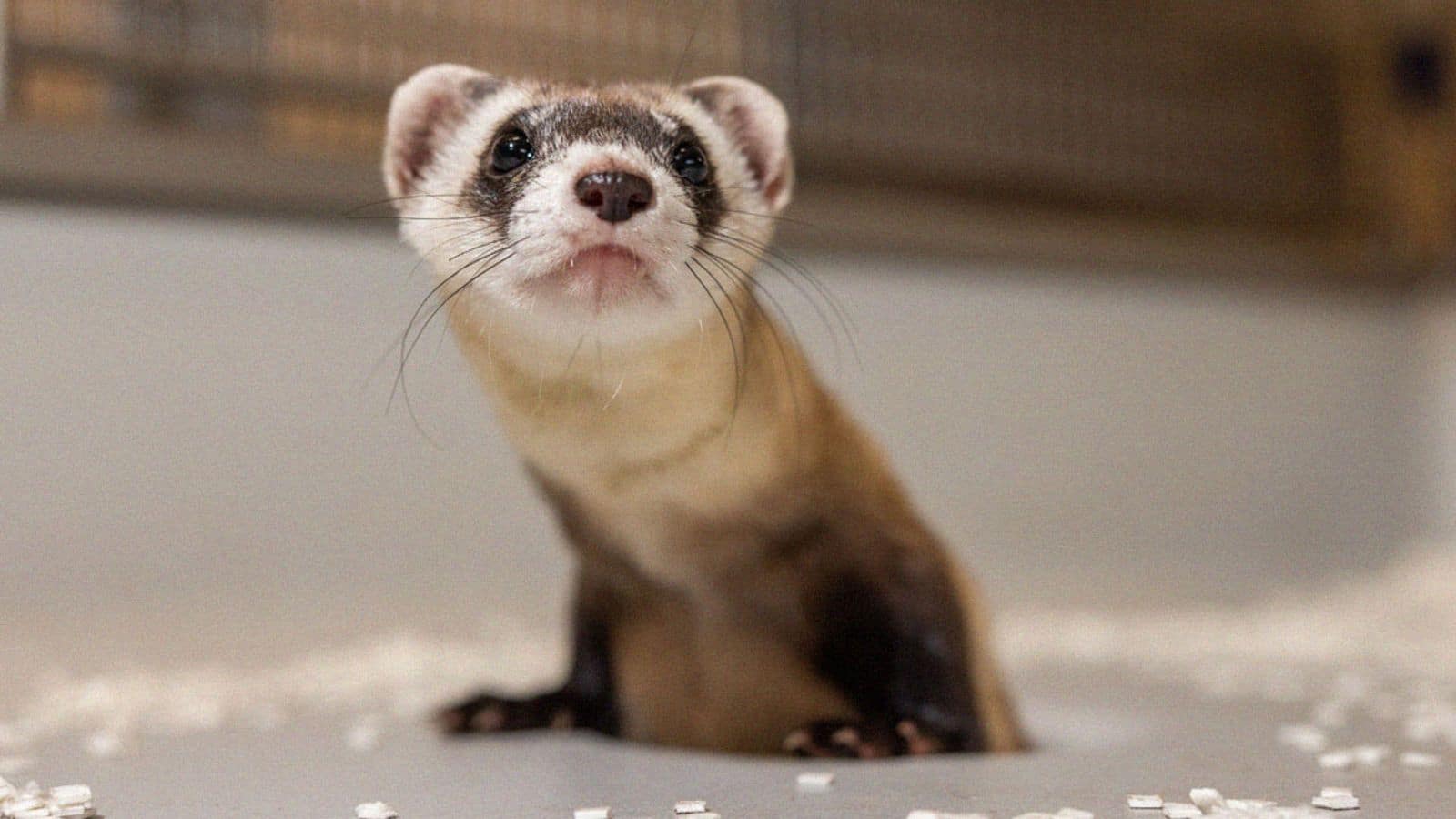
Scientists clone black-footed ferrets from cells dating back to 1988
What's the story
In a significant conservation achievement, scientists have successfully cloned two black-footed ferrets, Noreen and Antonia. The US Fish and Wildlife Service announced, that these ferrets were born in 2020, using cells preserved for nearly four decades. As per The Washington Post, black-footed ferrets are among the most endangered mammals in North America, with their survival precariously dependent on just seven original ancestors.
Biodiversity importance
Genetic diversity: Key to species survival amid climate change
Megan Owen, Vice President of Conservation Science at San Diego Zoo Wildlife Alliance, emphasized the importance of genetic diversity in ensuring species resilience to environmental changes. She described genetic diversity as "the raw material of adaptive evolution." The limited gene pool of black-footed ferrets poses a serious threat to their survival, particularly considering the impacts of climate change.
Conservation efforts
"Frozen Zoo" preserves hope for endangered species
In 1988, cells from a female ferret named Willa were stored at the San Diego Zoo Wildlife Alliance. These samples were preserved in a "Frozen Zoo," a repository containing roughly 10,000 living cell cultures, sperm, and embryos from nearly 1,000 different species. They were used to clone the two black-footed ferrets. This effort was part of a broader initiative to protect the future of endangered species like the ferrets.
Species survival
Threats to black-footed ferrets and future conservation plans
Black-footed ferrets face numerous threats including increased human encroachment, disease transmission, and much more. There was an unsuccessful initial attempt to resurrect the species, using stored cells in 2020 due to health complications unrelated to cloning. Now, scientists plan breeding programs involving these cloned ferrets, Noreen and Antonia, later this year as reported by The Washington Post.